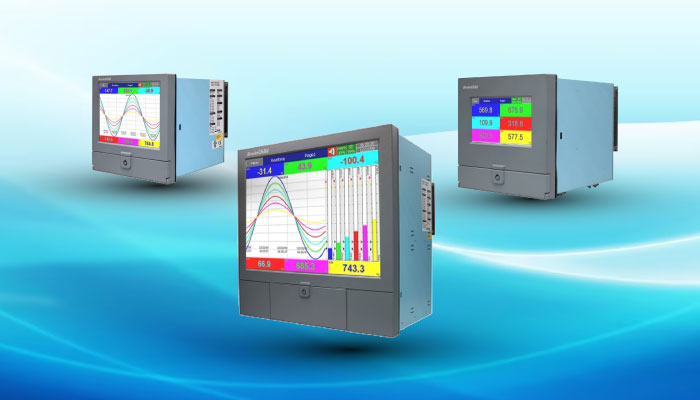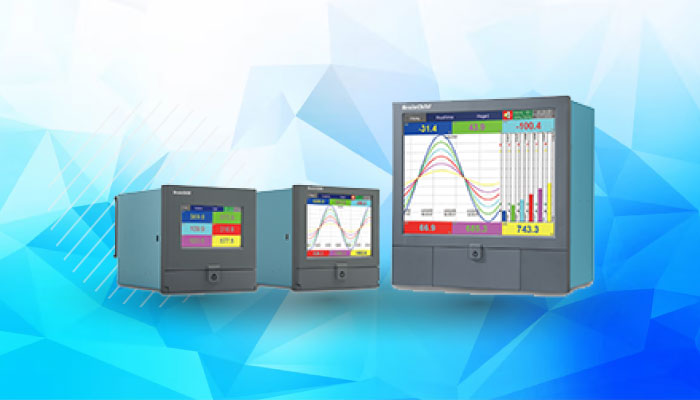Real Time Monitoring and Control The Role of Multifunctional Timers in Automation
.png)
In the rapidly evolving landscape of industrial automation, real-time monitoring and control are crucial for optimizing processes, enhancing efficiency, and ensuring safety. One of the key components that facilitate these capabilities is the multifunctional timer. These versatile devices are integral to various automation applications, providing precise timing control, synchronization, and coordination of different processes. In this blog, we will explore the role of multifunctional timers in automation and how they contribute to real-time monitoring and control.
Understanding Multifunctional Timers
Multifunctional timers are devices used to control the timing of operations in automated systems. They offer a range of functions, including delay-on, delay-off, interval timing, and cyclic operations. These timers can be programmed to perform specific tasks at precise intervals, ensuring that various components of an automated system work in harmony. Their flexibility and reliability make them indispensable in industries ranging from manufacturing to energy management.
Enhancing Process Efficiency
- Precise Timing Control
Multifunctional timers enable precise control over the timing of various processes. In manufacturing, for instance, they can be used to control conveyor belts, robotic arms, and assembly lines, ensuring each step of the production process occurs at the right moment. This precision reduces downtime and minimizes errors, leading to higher efficiency and productivity.
- Synchronization of Operations
In complex automation systems, multiple processes often need to be synchronized to function correctly. Multifunctional timers coordinate these processes by providing accurate timing signals that ensure components operate in unison. This synchronization is vital for processes that require sequential operations, such as packaging lines or chemical processing plants.
- Energy Efficiency
Multifunctional timers also contribute to energy efficiency by optimizing the operation times of various devices. By controlling when machines and systems are active, timers can reduce unnecessary energy consumption. For example, in HVAC systems, timers can regulate heating and cooling cycles to match occupancy patterns, leading to significant energy savings.
Improving Safety and Reliability
- Safety Interlocks
Safety is a paramount concern in industrial automation. Multifunctional timers are often used in safety interlock systems to ensure that dangerous operations only occur under specific conditions. For instance, a timer might ensure that a machine only operates after a safety gate is closed, preventing accidents and ensuring operator safety.
- Fail-Safe Operations
In the event of a system failure, multifunctional timers can provide fail-safe operations by initiating predefined safety protocols. These timers can be programmed to shut down equipment, activate alarms, or switch to backup systems in case of anomalies, enhancing the overall reliability of the automation system.
- Maintenance Scheduling
Regular maintenance is essential for the longevity and reliability of automated systems. Multifunctional timers can be used to schedule maintenance activities by tracking operating hours and triggering alerts when maintenance is due. This proactive approach helps prevent unexpected breakdowns and extends the life of equipment.
Real-Time Monitoring and Adaptability
- Data Collection and Analysis
Modern multifunctional timers often come equipped with communication interfaces that allow them to connect to central control systems. This connectivity enables real-time data collection and analysis, providing insights into the performance and status of automated processes. By analyzing this data, operators can make informed decisions to optimize operations and improve efficiency.
- Adaptive Control
Automation systems need to adapt to changing conditions to maintain optimal performance. Multifunctional timers support adaptive control by adjusting timing parameters based on real-time feedback. For example, in a production line, timers can adjust the speed of conveyors based on the rate of product flow, ensuring smooth and continuous operations.
- Remote Monitoring and Control
The ability to monitor and control automated systems remotely is increasingly important in today’s connected world. Multifunctional timers with remote access capabilities allow operators to adjust settings, troubleshoot issues, and monitor system performance from anywhere, enhancing flexibility and responsiveness.
Multifunctional timers play a pivotal role in modern industrial automation by providing precise timing control, enhancing efficiency, improving safety, and enabling real-time monitoring and adaptability. Their versatility and reliability make them essential components in a wide range of applications, from manufacturing and energy management to safety systems and maintenance scheduling.
For businesses looking to optimize their automation systems, investing in high-quality multifunctional timers is a smart choice. At Theta Controls, we offer a comprehensive range of multifunctional timers designed to meet the diverse needs of industrial automation. We also offer PID Controllers, paperless chart recorders, Temperature Transmitters, Digital Timers, and DC motor controllers. Our products ensure precise control, enhanced safety, and improved efficiency, helping you stay ahead in a competitive market.
Contact Theta Controls today to learn more about our products and how they can enhance your automation processes.


